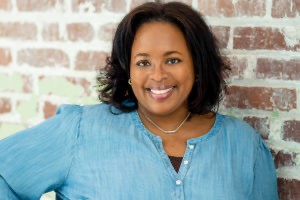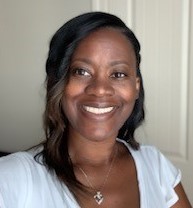Critical thinking is the process of evaluating information to
guide belief, decision, or action. Finance students and professionals are
uniquely positioned to utilize critical thinking effectively and persuasively.
To understand how critical thinking is a key element of
finance, imagine it is the beginning of your work day. It’s been a busy week,
you have a lot of projects you are working on, and it’s important for you to be
productive today.
You think about starting work, and you consider getting a
cup of coffee. What course of action will you take to get a cup of coffee, and
how much will that cup of coffee cost you?
Many people will answer this query with “go to (fancy coffee
shop) and it will cost $5.” Some will
say “I will go to (franchise donut shop) and it will cost me $1.50.” Others
will say “I’ll brew my coffee here at home, so it will cost a few pennies.” Still others will say “I don’t like coffee,
so I will get a glass of water instead, and it won’t cost anything.”
What’s the right answer?
As with many financial decisions, there is no single ‘right’
answer. However, the process to arrive at the answer that is right for
you illustrates how critical thinking is applied in finance!
In the morning coffee example, each person applied several
steps to arrive at their decision. These steps involved many elements of
critical thinking:
·
Creativity: what else could I drink?
·
Context and background knowledge: what does
coffee cost at various places?
·
Financial acumen: is it worth it to me to spend
$5 or $1.50 on a cup of coffee in this moment, and how does this impact my
financial goals?
·
Ethical and social responsibility concerns: do I
agree with the coffee shop’s social and environmental actions?
Once a decision is made to buy a cup of coffee, there is a
financial transaction – handing over dollars and cents to the store in exchange
for the product.
Many people believe that the field of finance is focused on
the that last step – the financial transaction. Certainly, the exchange of
money for goods, services, investments, or securities is worthy of extensive
study. And, there is no doubt that finance professionals love numbers and can devote
significant time and effort to analyzing numbers!
However, the field of finance is really about all the thought
process that leads to the financial transaction. Additionally, the field of finance is about the long-term
implications of that transaction. Thus, the ability to communicate the context
of a financial decision, as well as the long-range impact of various paths
considered, is a critical capability.
Replace the morning coffee example with a company’s capital
investment decision, and the process is exactly the same. Although there is
(most assuredly!) quantitative analysis to consider, a manager or executive
must also reflect on:
·
What other options are there?
·
What is the competitive environment, and
strategic opportunity?
·
What is the cost and long-term financial impact
on the company of implementing this decision?
·
Does this decision reflect the company’s
mission, ethics, and values?
It is no surprise that finance professionals are experts at
quantitative analysis. However, financial decisions are most successful when
evaluated within the right context, and with significant consideration of
alternatives and long-term impacts. Finance students and professionals are
expert critical thinkers and communicators!
Professor Susan Gould Bio:
Susan Gould earned her Bachelor of
Arts in Political Science from Northwestern University, and a Master of
Management degree with majors in finance and managerial economics from Kellogg
Graduate School of Management at Northwestern University. She also holds the
CFA designation from the CFA Institute. Susan is the Lead Faculty of the
BA in Finance and MS in Finance programs at UAGC.
Susan worked for 20 years in
corporate finance, where she prepared business valuations of privately held
companies in a wide variety of industries, including natural gas, printing,
construction equipment manufacturing, architecture and engineering, retail, and
commodities trading. Susan specialized in representing Employee Stock Ownership
Plans (ESOPs) from implementation and stock purchase through sale transactions.










